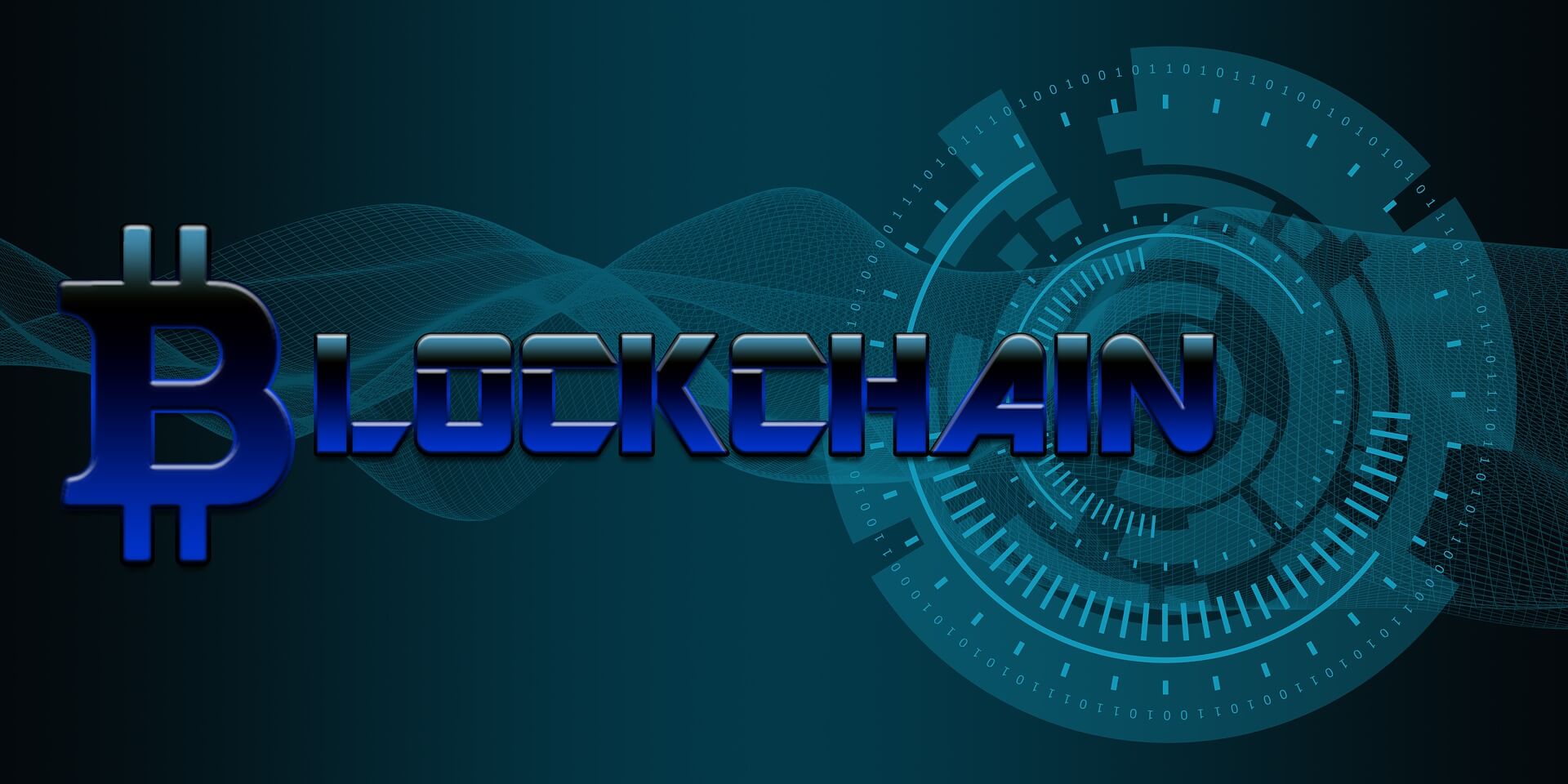Blockchain is one technology which is said to be bringing in a revolution on par with the birth of the internet. What started as a decentralising currency and assets is now disrupting every mainstream industry. Whether its fintech, healthcare, pharmaceuticals, insurance, digital security, enterprise SaaS — blockchain is everywhere today.

Even the traditional BFSI stakeholders such as the large retail banks are deploying blockchain solutions for the robustness this technology brings to age-old systems when integrated in the right manner.
As per a survey on the financial services sector and fintech conducted by PWC, around 77% of the financial services industry plan on adopting blockchain by 2020. Banks constituting a third of the institutions surveyed have shown an inclination in incorporating blockchain in their operations as was reported by a study published by Accenture and McLagan (January 2017)

So, the first question for the novice here is:
What Is Blockchain?
As the definition goes, a blockchain is a public ledger of information collected through a network that sits on top of the internet.
The information recorded on a blockchain can take on any form, whether it be denoting a transfer of money, ownership, a transaction, someone’s identity, an agreement between two or multiple parties, or even how much electricity a lightbulb has used. The information is stored in the form of blocks, with each block on the chain able to store up to 1 MB of data.
What Are The Principles Of Blockchain Technology?
Here are some basic principles underlying blockchain technology:
- A distributed database: Each entity on a blockchain can access records on the entire database, but no single entity controls the data or the information.
- Peer-based communication: Communication is not through a central node, but occurs directly between peers. Each node stores and forwards information to all other nodes.
- Transparency: All transactions and associated values are visible to anyone with access to the system. However, each user can choose to provide their identity to others or remain anonymous.
- Permanent records: Once a transaction is entered, the records cannot be altered as they are linked to every transaction record that came before them in the “chain”. This immutability is what makes blockchain such a good foundation for fintech applications.
- Computational logic: Due to its digital nature, blockchain transactions can be tied to computational logic and in essence, programmed. Users can set up algorithms and rules that automatically trigger transactions between nodes.
How Blockchain Works?
When a block stores new data it is added to the blockchain. Blockchain, as its name suggests, consists of multiple blocks strung together. In order for a block to be added to the blockchain, however, four things must happen:- A transaction must occur
- That transaction must be verified.
- That transaction must be stored in a block
- That block must be given a unique, identifying code called a hash.
The block is also given the hash of the most recent block added to the blockchain. Once hashed, the block can be added to the blockchain and becomes part of the record.
Comments
Post a Comment